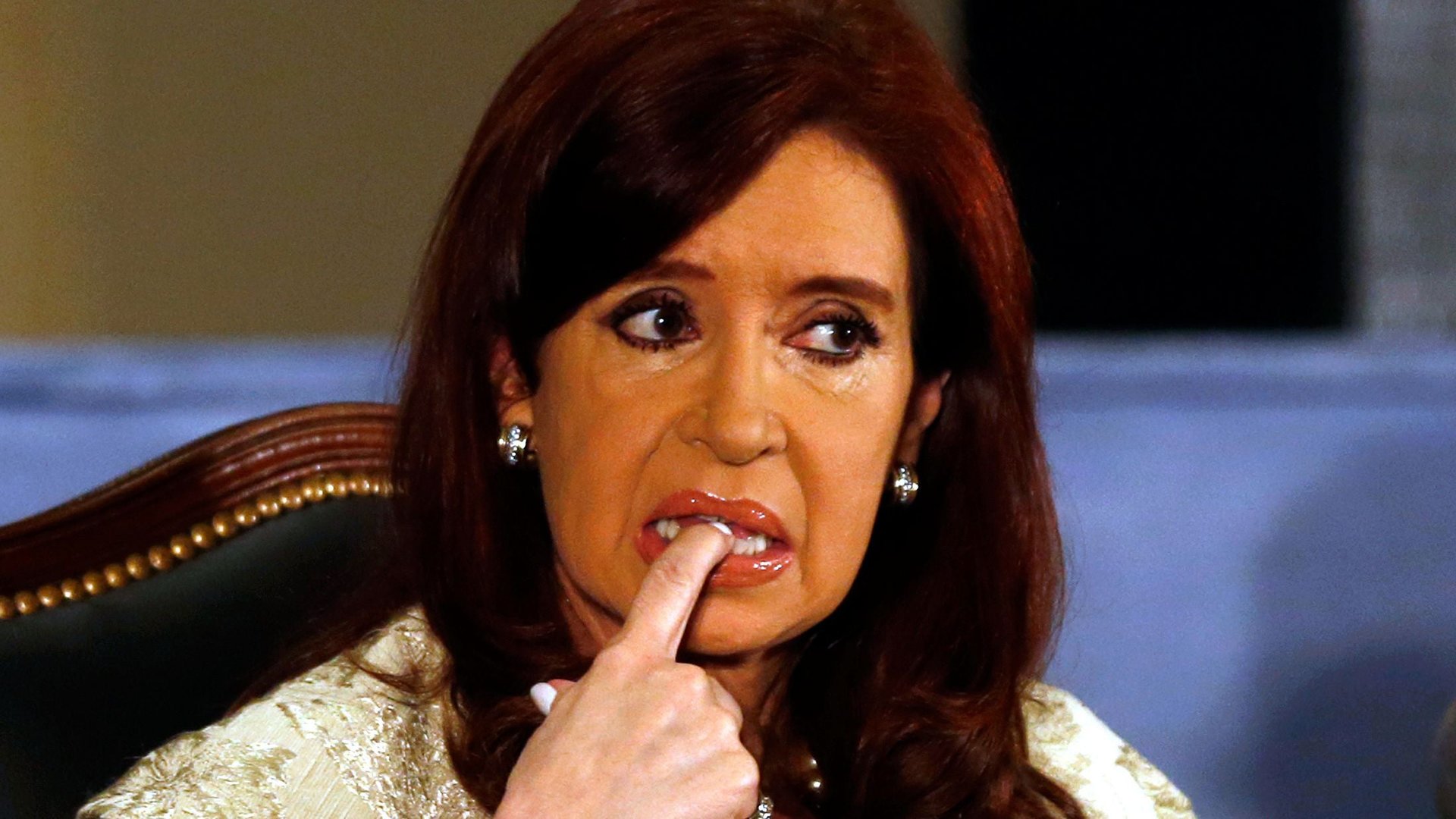Argentina’s president is charged, once again, in alleged bombing cover-up
Argentina’s embattled president has been charged for a second time in connection with an alleged cover-up of Iran’s ties to a deadly 1994 bombing at a Jewish community center in Buenos Aires.


Argentina’s embattled president has been charged for a second time in connection with an alleged cover-up of Iran’s ties to a deadly 1994 bombing at a Jewish community center in Buenos Aires.
These charges were first leveled against President Cristina Fernandez de Kirchner in January, when prosecutor Alberto Nisman produced a 300-page investigation outlining allegations that Kirchner and her foreign minister secretly negotiated to obtain oil from Iran in exchange for ending an inquiry into the bombing, which killed 85 people.
Nisman died from a gunshot to the head on Jan. 18, one day before he was to testify about his case before lawmakers; while the case was initially thought a suicide, conspiracy theories abound. Kirchner herself has hypothesized that Nisman was killed by rogue intelligence operatives as part of a plot against her.
While Nisman’s case was rejected by a judge just days ago, a new prosecutor, Gerardo Pollicita, will present the case anew before a federal magistrate who will decide whether a trial is warranted. Kirchner’s chief spokesperson said the complaint “has no legal merit.”
While Kirchner’s administration is no stranger to corruption charges, Nisman’s case and murder have struck a nerve. While prosecutors have alleged that Iran sponsored Hezbollah, the Islamist militia of Lebanon, in the 1994 bombing, those responsible have yet to be held accountable. The idea that secret negotiations may have stalled justice have diminished Kirchner’s political strength, at a time when economic mismanagement has left Argentina in a recession and locked out of global markets.
Argentina will elect a new president in October. While term limits will keep Kirchner off the ballot, her legal jeopardy could hurt her party’s candidates, providing the opposition with its first chance at power in 12 years.